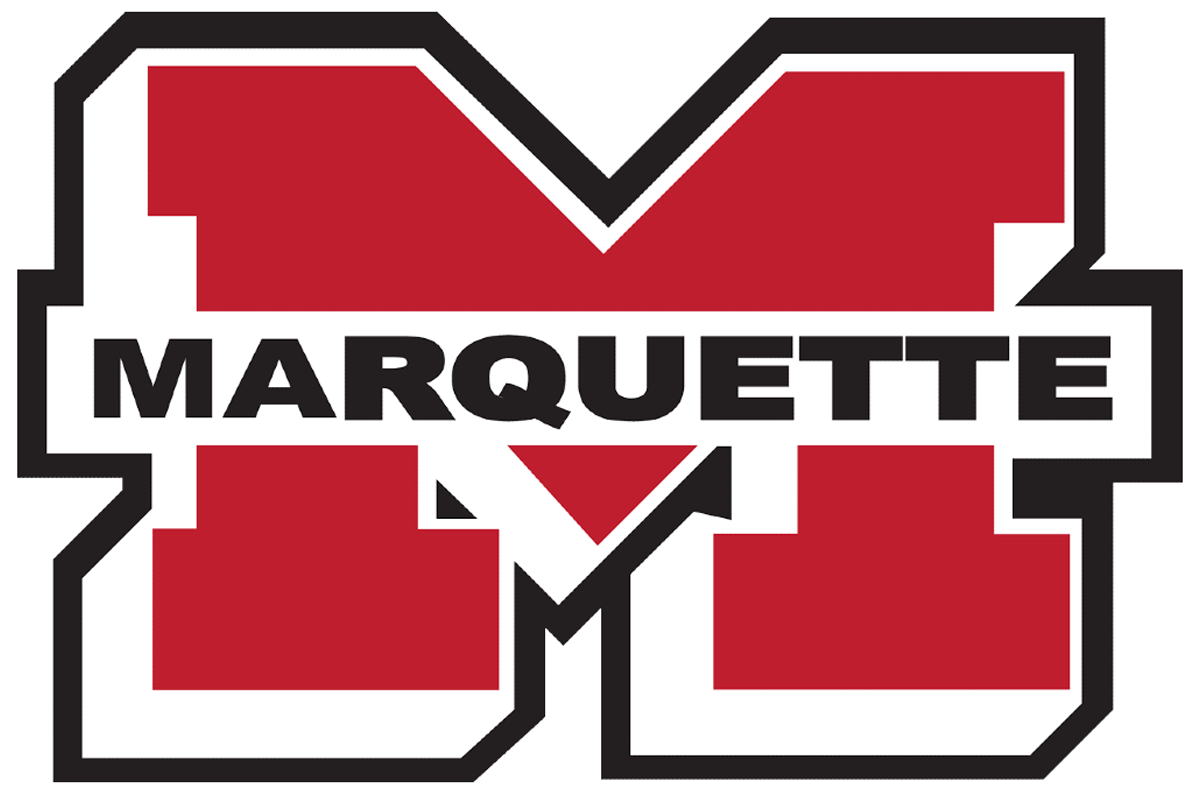Introduction to MTSS Components
A brief introduction to each of the components is below. Additional information about how each component functions specifically for each Tier can be found in subsequent sections.
Tiered Delivery System
For MTSS, a school must first establish its Tier 1, or universal supports. Universal supports are the instructional practices that help all students in a school achieve their academic goals. Once the universal supports are in place, staff can use assessment data to determine which students need additional supports.
Tiers 2 and 3 - The intensity and duration of supports increase for Tiers 2 and 3. The appropriate level of support for each student is determined by assessment data.
Team-Based Leadership
The successful implementation of MTSS requires a committed and consistent effort from school and district-level staff. Collaborative teams at the district, building, and classroom levels will contribute to alignment and cohesion across the multiple levels of the system.
Comprehensive Screening & Assessment System:
A coordinated system of formative, interim, and summative assessments, including universal screeners, progress monitoring, and diagnostics, guides instructional decisions and identifies student needs.
Selection & Implementation of Instruction, Interventions, & Supports:
Instruction, interventions, and supports are chosen based on evidence of effectiveness and alignment with student needs and desired outcomes. Consistent, accurate implementation ensures students receive maximum benefit.
Why MTSS?
District Mission & Vision
Mission Statement - With an exemplary staff and rigorous curriculum, our mission is to maximize the academic potential of every child.
Vision Statement - Marquette Area Public Schools, with the support of parents and community, will graduate students who are college and career-ready and prepared to meet the challenges of the 21st Century.
How MTSS Serves Our Mission and Vision
MTSS serves as a foundation for equity, inclusion, and success for all students. By implementing a proactive, data-driven approach to education, we ensure that every child receives the necessary resources and support to thrive academically, socially, and emotionally. This commitment directly advances our district’s mission and vision, preparing students to be lifelong learners and contributors to society.
Connection to Federal and State Law
Federal Policy | Connection to MTSS |
|---|---|
ESSA requires that all students be taught to high academic standards and that the impact of programming on student achievement is monitored through standardized statewide assessments designed to measure these standards. The law references MTSS numerous times as an evidence-based framework that can be implemented to preventively identify and meet students’ needs. | |
IDEA ensures that a free and appropriate education is provided to students with disabilities through the provision of special education services. This federal law details how early intervention, special education, and related services must be developed and aligned to meet students’ unique needs. |
State Policy | Connection to MTSS |
|---|---|
MTSS is an essential framework for meeting the requirements of Michigan’s Read by Grade Three Law, ensuring that all students receive the instruction and interventions needed to become proficient readers. By using a tiered, data-driven, and collaborative approach, schools can support literacy development and help every child succeed. | |
Public Act 146 | |
31a at-risk funding | The district ensures the implementation of MTSS when accepting annual 31a at-risk grant funds. |
Title I funding | The district ensures the implementation of a multi-tiered system of support when accepting annual Title I grant funds. |
MTSS operates on a three-tiered model, which aligns with the 31n initiative to provide varying levels of mental health support. MAPS 31n services are a Tier 3 intervention. This provides intensive, individualized support in the form of direct mental health services from 31n-funded school-based clinicians, providing therapy, crisis intervention, and case management for students with significant mental health needs. |


